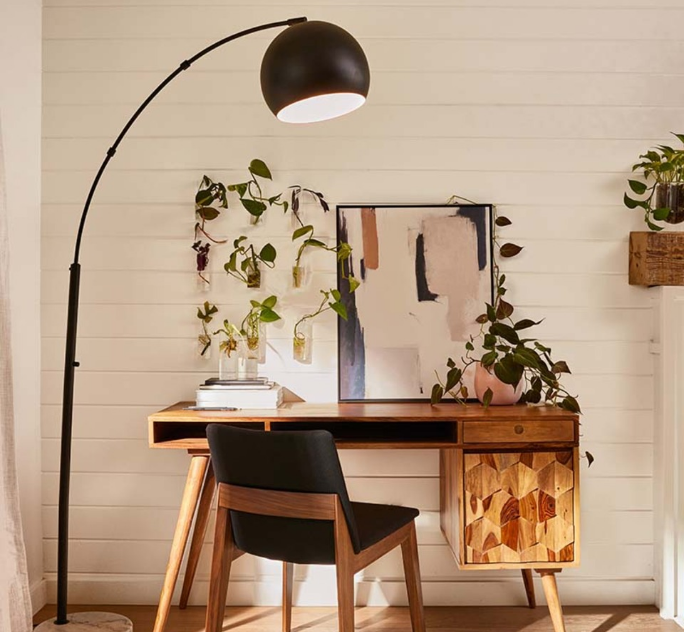Today's customers love subscription services. According to a report from McKinsey & Company, today's average US consumer maintains four subscriptions. While these often involve media (such as Netflix and Spotify), retail offerings are also increasingly popular. These solutions provide the best of both worlds: the thrill of exploring and experimenting with new products, plus the opportunity to save time and money. Over the course of the past decade, several trendy and decided successful brands have made a name for themselves in otherwise crowded markets.
The most well-known product-based subscriptions center around fashion or wellness: Rent the Runway, for example, encourages participants to try designer pieces without actually committing to them, while Dollar Shave Club and Harry's bring the subscription model to shaving. This approach has also allowed several unexpected niches to thrive, by catering to cat lovers, wine enthusiasts, or even sci-fi fans.
Now, this concept is poised to take over the home furnishings industry, where rental pieces will be larger and will require more of a commitment — but where there is great promise for consumers and retailers alike. Sometimes referred to as Furniture as a Service (FaaS), this model goes beyond the concept of try before you buy
and, instead, functions more like leasing a car: consumers can choose their favorite furnishings, have them delivered to their homes, and use them for a predetermined period of time before either extending the rental period or swapping for something new.
Furniture subscriptions aren't for everyone, but they certainly present a compelling opportunity. Keep reading to learn what they involve and where they're headed.



